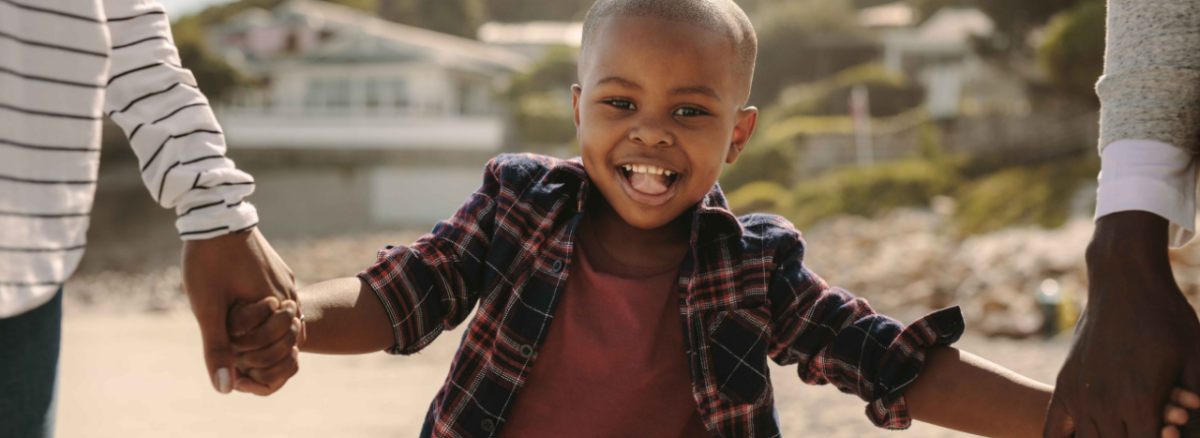Adoption involves a person or couple taking over the parenting of a child
from their biological parents. By doing this the person assumes all the
responsibilities of the parents.
In Nigeria, only Nigerians or those with Nigerian citizenship are allowed
legally to adopt a child. Adoptions are usually guided by the Nigerian Child
Rights Law of 1965, however, the laws may differ depending on the state
you decide to adopt a child from.
Adoption is meant for couples who have tried IVF and have not been
successful.
Couples without funds for IVF can adopt a baby.
General Criteria for Persons Who Can Adopt
1. The parents-to-be must be Nigerian residing in Nigeria. Each state
determines how long it takes to establish a bond between the
prospective parents and the child. This process may last up to 24
months.
2. Married couples and single individuals can adopt children. However,
a single individual can only adopt a child of the same sex as him or
her. Married couples must adopt together and must be Nigerian
citizens. Individuals adopting must be at least 25 years and 21 years
older than the child.
Criteria for a Child to be Adopted
Abandoned children or those less than 17 years can be adopted.
Both adoptive parents and adopted child must live together for at
least 3 months before an adoption decree can be passed.
Adoption Procedure
1. Choose a service provider to help you with the adoption process.
2. The service provider will find out if you are eligible to adopt a child
3. If you are eligible to adopt a child, a referral will be provided for you
and you will decide if you can meet the demands of providing a home
for the child. The child for adoption must also meet the criteria for
adoption.
4. The social welfare in that region will apply for custody of the child and
submit it to the registrar of the court. The procedure can take up to 2
years.
Documents that needed from the adoptive parents
Birth certificates
Marriage certificate
Proof of Nigerian citizenship
Financial assets
Police reports
Additional documents if required
5. Finalize the adoption procedure.
6. Bring the child home
Benefits of Adoption
Adoption is an alternative for couples who can’t have their biological
children. It could bring joy to the family in the process of raising a child in
your own home.
The adopted child gets better attention and a stable home to live in.
Risks of Adoption
There is still some stigma in families where children are not the
biological offspring of the parents.
Despite the fact we are coming to terms with accepting the practice of
adoption, it still poses some challenges in our setting. Many see the
family as comprising a father, mother, and biological children.
In several families, harboring adopted kids many still view the
children as not part of the ‘home’. Some persons still feel adopted
children are more prone to drug and medical problems and that they
may not adjust well in the homes they are brought into.
However, some people view adopted kids as lucky individuals who are
showered with so much love and a home to begin life anew.
It is important to note that adoption is a lifelong process that shapes
children and their families. Parents and the adopted child or children
need to communicate effectively and be patient with themselves to
ensure a happy family.

